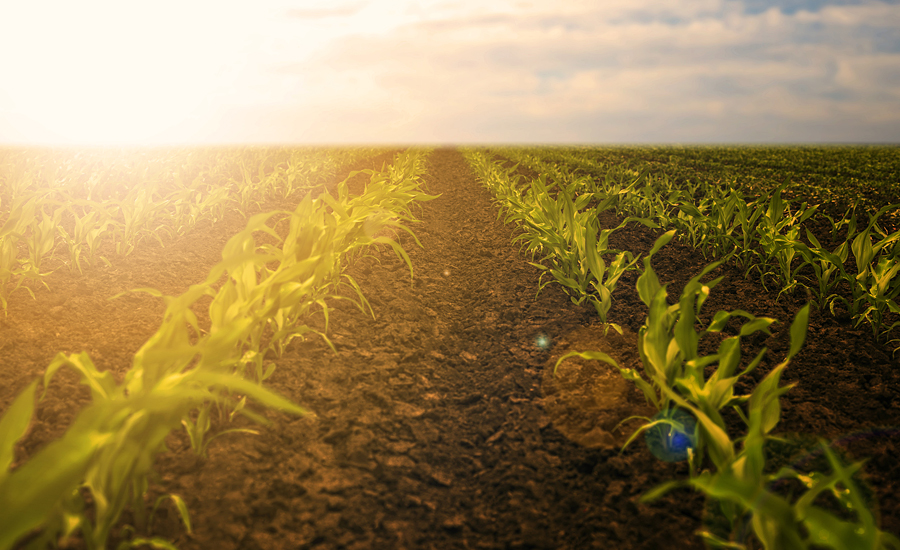2019 signaled a clear increase in how consumers prioritize sustainability. In fact, more than two-thirds of respondents consider sustainability when making a purchase, and are willing to pay more for sustainable products, according to “2019 Retail and Sustainability Survey,” a survey produced by CGS, New York. Among Generation Z, the number is even higher. While there is still a sizable gap in the availability of sustainable products, a number of trends for 2020 indicate that brands and consumers are moving in a positive environmental direction.
“We’ve spent many years talking about the benefits of triple bottom line-focused operations. Now we’re at a point where companies are going to have to move forward with more sustainable initiatives to be competitive,” says Josh Onishi, chief executive officer of Hana Group North America, Philadelphia. “Consumers increasingly want to know what they’re eating and where it comes from, and they are looking to see their environmental values reflected in the products and brands they select.”
Here is a forecast of trends and topics set to have the greatest impact on sustainable food products in 2020:
- Plant-based alternatives. A number of global brands have begun substituting meat alternatives for burgers and sausage, but seafood is having its own sustainable evolution in 2020. For instance, ahimi, a tomato-based product, as a tuna alternative. And, eel and salmon alternatives will further transform opportunities to enjoy seafood and sushi sustainably.
- Aquaculture. While certain fishing and farming practices have been harmful for the ocean, this environmentally responsible form of breeding, raising and harvesting fish offers operations that limit habitat damage, disease, escapes of farmed fish and the use of wild fish as feed. Aquaculture already supplies more than 50% of seafood produced for American consumption, and recent easing of federal regulations indicates openings for growth in the coming year.
- Labeling transparency. Major supermarket chains are beginning to institute their own sustainable labeling systems, so that consumers can more readily identify products that are responsibly sourced and packaged. By improving the shopping experience for consumers, people are more likely to make the environmentally friendly choice and return as repeat customers.
- Packaging. With companies banning plastic bags and cardboard, thus giving way to new biodegradable materials, the same old packaging is being left in the past. More products will begin to utilize reusable, compostable and minimalist designs to not only support the Earth, but also to become more appealing to eco-minded consumers.
- Ethical retail initiatives. Food retail has been honed to improve convenience, but consumers are driving the shift to make the practices as sustainable as the products. Some stores are already beginning to prioritize and encourage greater sustainability, asking customers to provide their own containers for bulk items and others offering so-called “ugly” produce to reduce waste.


